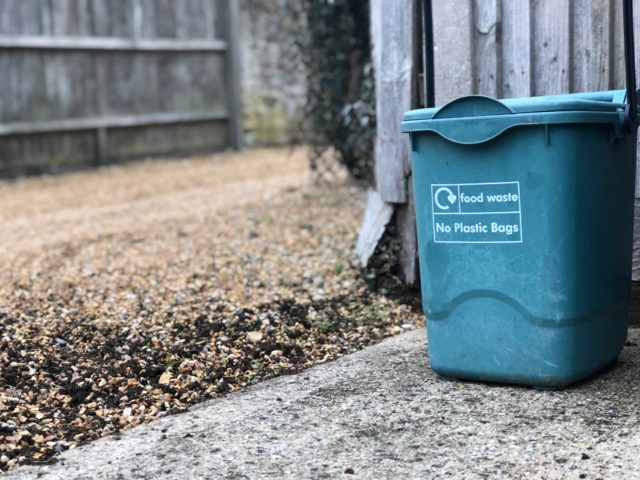Mind the ‘Green Gap!’

Making sustainability at work contagious
Most people are aware that we should all try to behave in an environmentally friendly way. However, research shows that there’s often a gap between what people do at home and what they do at work.
Environmental psychology has made progress in understanding the factors that influence green behaviours at home, but less about green behaviours at work. We spend the majority of our lives at work. Why isn’t there more academic research?

What I investigated
As part of my Organisational Psychology Masters, I focused on the relative influence of personal values, habits, organisational culture and the physical environment on employee recycling behaviour.
What I did
I conducted an online survey addressing these factors, and, with help from Carbon Credentials, distributed it to employees working in the leisure, transport and environmental sector.

The survey specifically measured four factors:
- Employee personal norms: values and feelings related to recycling
- Work-based social norms: perceptions about the social pressure to recycle
- Perceived behavioural control: feelings about how easy and accessible recycling is at work
- Habit strength: to not recycle – the urge to throw all waste in the general waste bin and not separate it and recycle
Individuals were also asked to report how much of their waste they had recycled in the past week.
Key findings
-
Personal norms and perceived behavioural control were positively associated with recycling behaviour.
This means that individuals were more likely to recycle if they thought of the behaviour as desirable, morally good, easy and within their control.
-
Social norms had a much greater effect on recycling when personal norms were weaker.
The effect of social norms suggests that even if individuals have low motivation themselves to recycle, they will be more likely to do it if they see others around them recycling.
-
There was no evidence that habits prevented recycling within this sample.
Habits can often act as a barrier that prevent intentions turning into actions. So it’s a good thing that, in this case, recycling behaviour wasn’t influenced by habit strength. However, this may have been due to the type of work that survey respondents did, which was largely office based. If respondents had worked in more process-oriented environments, there may have been a different result.
What can we learn from this research?
-
Be aware of the context.
Before designing environmental interventions it is important to understand the strength of the relevant norms, perceived behavioural control and habits within the organisation. This enables careful targeting in order to achieve the most impact. Surveys, interviews and other forms of stakeholder consultation are required to build effective strategies and interventions.
-
Develop and emphasise social norms for green behaviours.
By actively seeing others engaging in recycling, and also openly talking about the benefits of recycling, social norms to recycle can develop. Individuals are then motivated to behave in accordance with the relevant social norms, even if they themselves do not value recycling. Make sure leaders and influencers in your organisation are visibly demonstrating the behaviours you want to encourage.
-
Focus on the benefits of recycling and the impact we can all have.
While personal norms are harder to develop externally, emphasising the environmental benefits of recycling, or the negative impacts of not recycling, can be an effective way to encourage individuals to value sustainable behaviours at work.
Fore more information, or a copy of the dissertation, contact ella.jenkins@claremont.org.uk